Apple AirTags: the benefits and risks
Critics say the small tracking devices can be ‘as creepy as they are helpful’
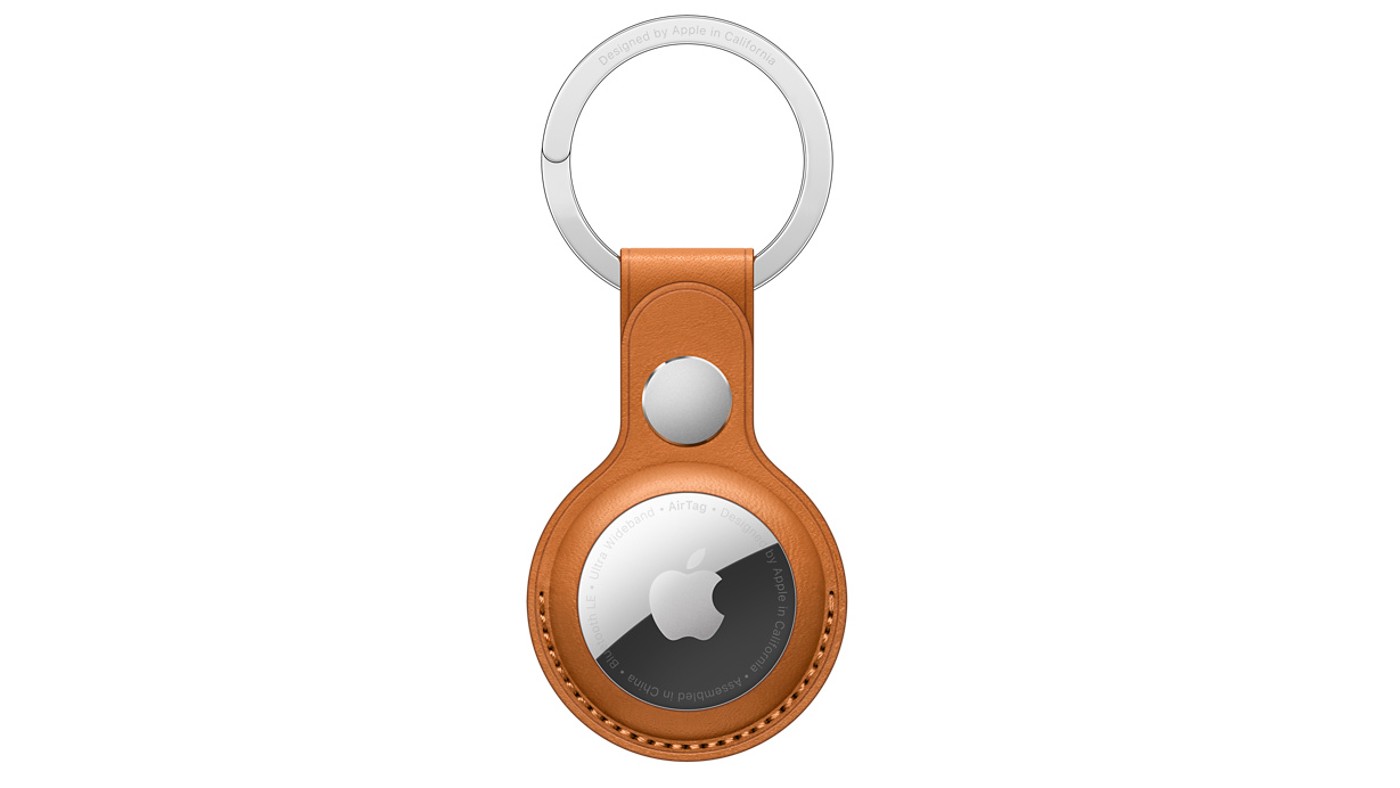
A free daily email with the biggest news stories of the day – and the best features from TheWeek.com
You are now subscribed
Your newsletter sign-up was successful
For people who are always losing the keys, phone and the like, Apple’s AirTags appear to be a smart solution.
The small, circular tracking tags can be attached to personal items and send out a Bluetooth signal that can be detected by nearby devices. As Apple has explained, “if a user misplaces their item and it is within Bluetooth range, they can use the Find My app to play a sound from the AirTag to help locate it”.
At £29 for a single AirTag, or £99 for a pack of four, the lightweight metal trackers are a “costly accessory”, said TechRadar. But they’re “an invaluable and easy-to-use tool for reuniting you with your misplaced possessions”, the tech site concluded in a four-star review shortly after AirTags were launched in the UK last April.
The Week
Escape your echo chamber. Get the facts behind the news, plus analysis from multiple perspectives.

Sign up for The Week's Free Newsletters
From our morning news briefing to a weekly Good News Newsletter, get the best of The Week delivered directly to your inbox.
From our morning news briefing to a weekly Good News Newsletter, get the best of The Week delivered directly to your inbox.
Since then, however, the devices have been linked to a range of nefarious practices – prompting The Washington Post to warn that AirTags can be “as creepy as they are helpful”.
‘Stalked for five hours’
Sports Illustrated Swimsuit model Brooks Nader has claimed that she was stalked for five hours via an AirTag during a night out with friends in New York City.
According to Nader, someone secretly attached the tracker to her coat while she was at a bar in the TriBeca neighbourhood last January. In a series of posts on social media, she said that she only realised her movements were being tracked when a notification on her phone informed her that an unknown item had been “moving with her for a while” and that “the owner could see its location”.
The model told the Daily Mail that she had gone public about her experience in order to “raise awareness and encourage ladies to look out for this notification and keep their belongings close, especially when out and about”.
A free daily email with the biggest news stories of the day – and the best features from TheWeek.com
‘Surreptitiously’ stuck to cars
The Washington Post reported in December that police in the York Region of Ontario in Canada had reported five incidents since September alone where AirTags were found “surreptitiously” stuck to expensive cars, “presumably so they could be tracked and stolen later”.
Similar reports had emerged from police in US states including Michigan and Atlanta, the paper said.
Some authorities “have begun to take a closer look at the threat posed by AirTags”, said The New York Times. The paper reported that police in the New York town of West Seneca Police Department had “warned its community of the tracking potential of the devices after an AirTag was found on a car bumper”.
Apple versus Android
Another criticism levelled against AirTags is that they put Android users at a disadvantage. When using an Apple product, “built-in tools make it relatively simple to spot an AirTag on or near you”, said The Washington Post. “But if you are one of the millions of people who own and use Android phones, finding an AirTag that’s too close for comfort can be harder than it should be.”
In a bid to address the problem, Apple launched a new Android app last month called Tracker Detect that can scan for and alert the user about nearby “unknown” AirTags. And if the detected tracker moves with the user for more than ten minutes, a sound can be played on the detected device to help them locate it.
“Tracker Detect gives Android users the ability to scan for an AirTag or supported Find My enabled item trackers that might be travelling with them without their knowledge,” an Apple spokesperson told TechCrunch.
But critics of the app point out that Android users “have to be vigilant enough to download it and proactively use it”, said The New York Times. Apple declined to tell the newspaper whether it was working with Google on technology that would allow Android phones to automatically detect AirTags.
Kate Samuelson is The Week's former newsletter editor. She was also a regular guest on award-winning podcast The Week Unwrapped. Kate's career as a journalist began on the MailOnline graduate training scheme, which involved stints as a reporter at the South West News Service's office in Cambridge and the Liverpool Echo. She moved from MailOnline to Time magazine's satellite office in London, where she covered current affairs and culture for both the print mag and website. Before joining The Week, Kate worked at ActionAid UK, where she led the planning and delivery of all content gathering trips, from Bangladesh to Brazil. She is passionate about women's rights and using her skills as a journalist to highlight underrepresented communities. Alongside her staff roles, Kate has written for various magazines and newspapers including Stylist, Metro.co.uk, The Guardian and the i news site. She is also the founder and editor of Cheapskate London, an award-winning weekly newsletter that curates the best free events with the aim of making the capital more accessible.
-
 Local elections 2026: where are they and who is expected to win?
Local elections 2026: where are they and who is expected to win?The Explainer Labour is braced for heavy losses and U-turn on postponing some council elections hasn’t helped the party’s prospects
-
 6 of the world’s most accessible destinations
6 of the world’s most accessible destinationsThe Week Recommends Experience all of Berlin, Singapore and Sydney
-
 How the FCC’s ‘equal time’ rule works
How the FCC’s ‘equal time’ rule worksIn the Spotlight The law is at the heart of the Colbert-CBS conflict
-
 Will AI kill the smartphone?
Will AI kill the smartphone?In The Spotlight OpenAI and Meta want to unseat the ‘Lennon and McCartney’ of the gadget era
-
 Is Apple’s Tim Cook about to retire?
Is Apple’s Tim Cook about to retire?Today's Big Question A departure could come early next year
-
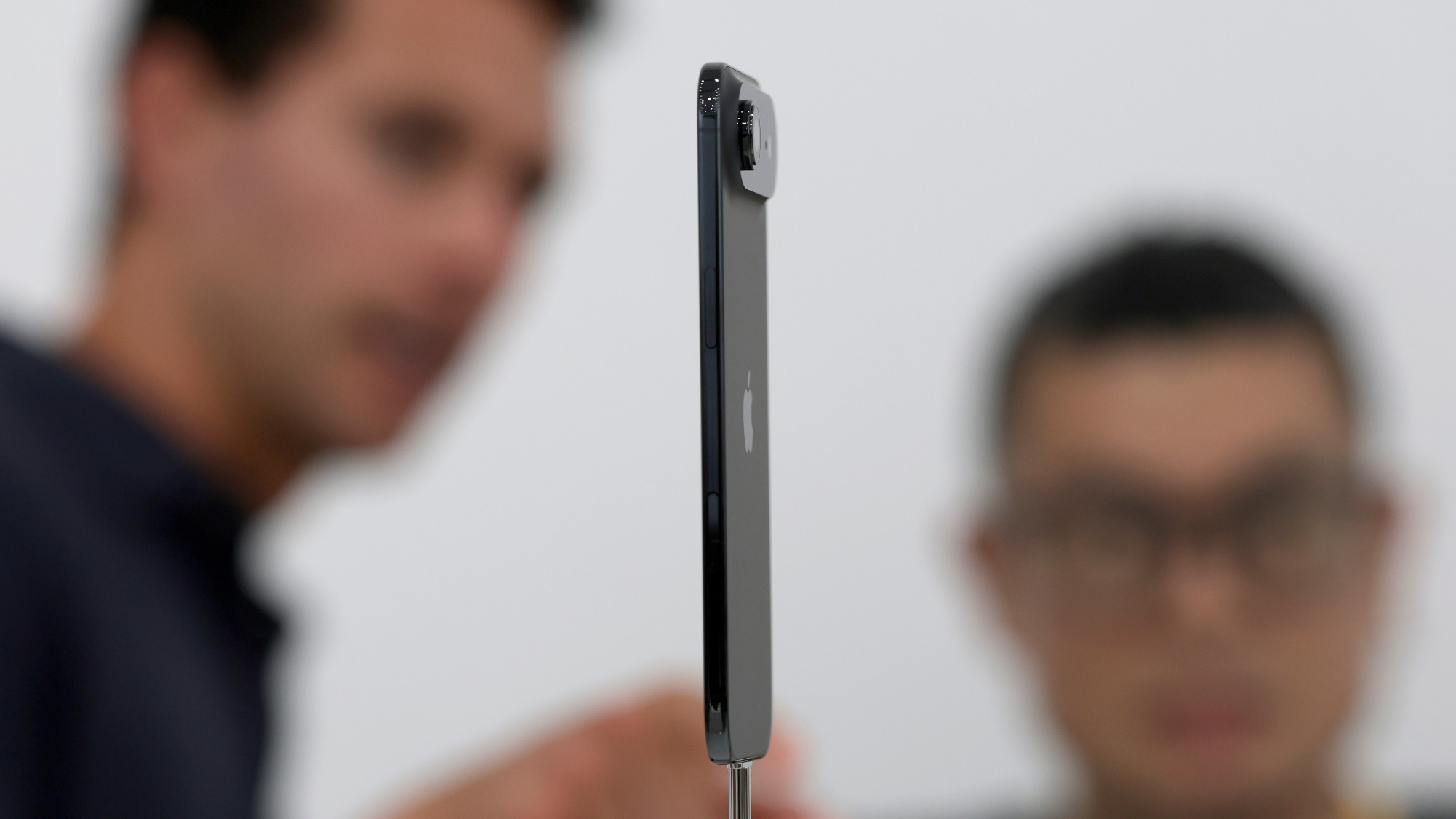 iPhone Air: Thinness comes at a high price
iPhone Air: Thinness comes at a high priceFeature Apple’s new iPhone is its thinnest yet but is it worth the higher price and weaker battery life?
-
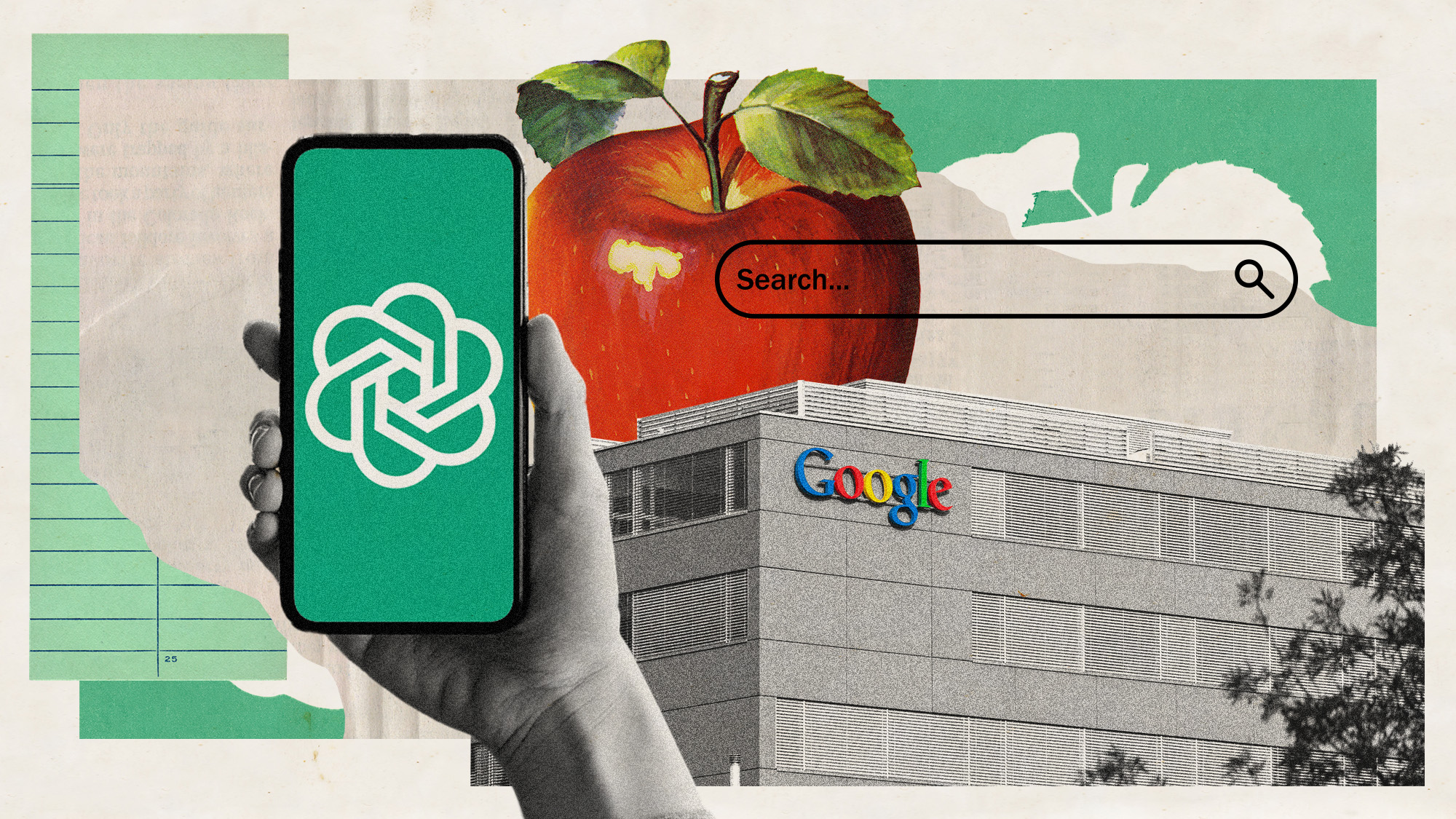 Is Apple breaking up with Google?
Is Apple breaking up with Google?Today's Big Question Google is the default search engine in the Safari browser. The emergence of artificial intelligence could change that.
-
 Why won't Apple make iPhones in America?
Why won't Apple make iPhones in America?Today's Big Question Trump offers a reprieve on tariffs, for now
-
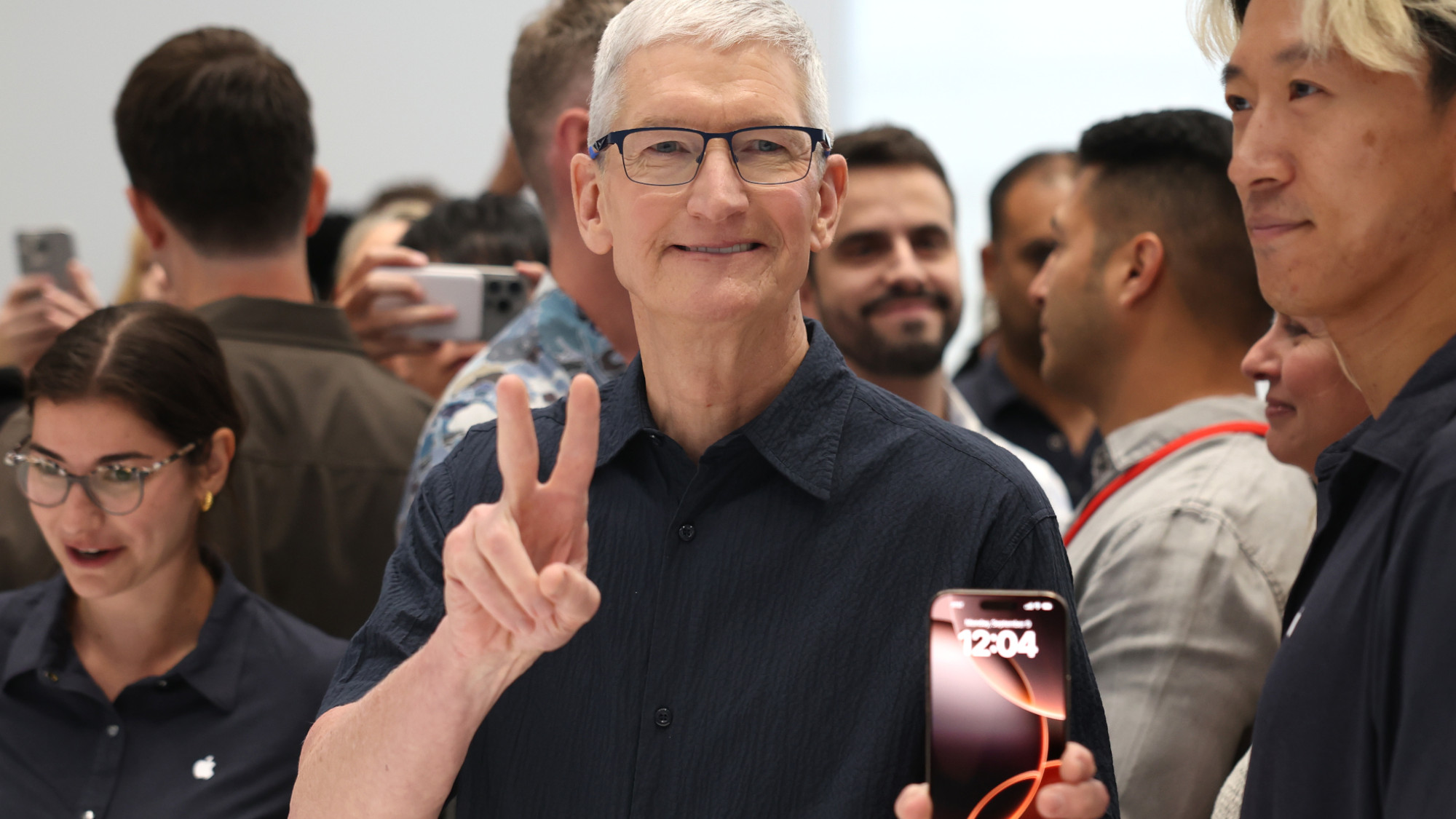 Not there yet: The frustrations of the pocket AI
Not there yet: The frustrations of the pocket AIFeature Apple rushes to roll out its ‘Apple Intelligence’ features but fails to deliver on promises
-
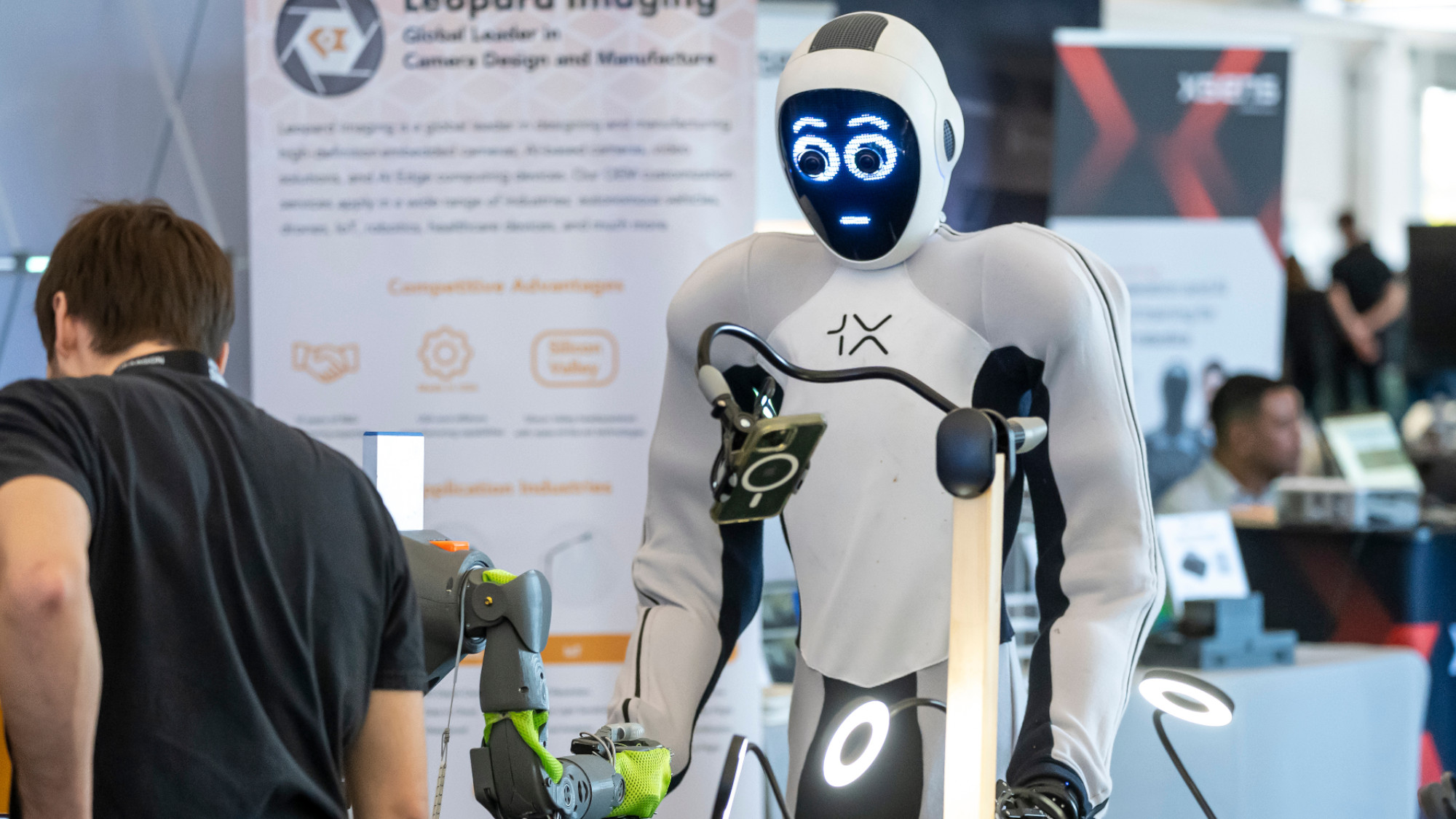 Space-age living: The race for robot servants
Space-age living: The race for robot servantsFeature Meta and Apple compete to bring humanoid robots to market
-
 Apple pledges $500B in US spending over 4 years
Apple pledges $500B in US spending over 4 yearsSpeed Read This is a win for Trump, who has pushed to move manufacturing back to the US